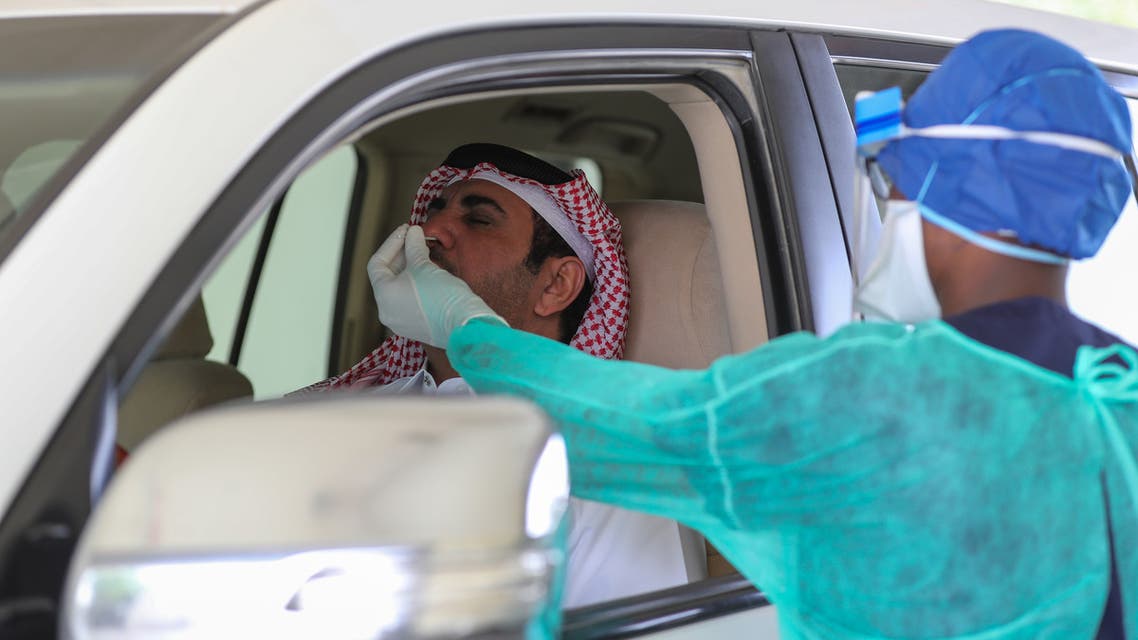A report published by the GCC Statistical Center showcased the ranking of GCC states, based on their COVID-19 recovery rates.
Qatar records the highest recovery rate among neighbouring GCC countries, standing at a 99.2% recovery rate from Covid-19.
Kuwait followed with a 98.6% recovery rate, while Saudi Arabia recorded 97.3%. The UAE’s recovery rate stood at 96.6%, just 0.1% above Oman, and 0.6% higher than Bahrain, the country with the lowest recovery rate in the GCC.
According to the Gulf Statistical Center’s report, the total confirmed infections throughout the gulf region amounted to almost 3.5million, while the recovered cases reached 3.4. There were 20,000 deaths that resulted from the virus across the entire region.
Almost 110million vaccine doses have been administered across the GCC, with around 6.4million in Qatar.
📃 التقرير اليومي | إحصائيات فيروس كورونا #كوفيد_19 الإجمالية في دول #مجلس_التعاون لدول الخليج العربية، حتى تاريخ 5 مارس 2022م#الإحصائي_الخليجي pic.twitter.com/SlKNANXcug
— مركز الإحصاء الخليجي (@GCCStat) March 6, 2022
Infection tracking applications
Government’s across the GCC have developed their own applications aimed at tracking and limiting the spread of the virus.
Just as Qatar has the Ehteraz application, there’s the UAE’s ‘Alhosn’, Saudi Arabia’s ‘Tawakkalna’, Oman’s ‘HMushrif, Bahrain’s ‘BeAware Bahrain’, and Kuwait’s ‘Shlonik’.
In 2020, Amnesty International stated that Kuwait and Bahrain’s COVID-19 tracing apps are among the “most dangerous for privacy.”
Qatar’s preventative measures
In January, Qatar saw the highest rate of daily infections as health authorities reported more than 3,000 cases a day, despite the country’s active vaccination efforts. This marked the start of the country’s third wave.
During the peak of the third wave, Qatar announced that it will be only allowing vaccinated people to enter malls. However, this decision was revoked after cases started dipping, and outrage from the public.
Restaurants and cafes remained open at 50% capacity if indoors, and 75% capacity outdoors, for businesses that have a “Qatar Clean” program certificate. Those without one had to operate with only 40% capacity in open spaces.
Qatar was also one of many countries to ban unvaccinated individuals from dining in restaurants and cafes. Qatar is easing its restrictions as it sees a steady decline in the daily case numbers.
In mid-February, the country saw an 87% dip in Covid-19 cases during the span of one month.
On Monday, daily COVID-19 cases dipped below 200, with 165 cases in the last 24 hours.







